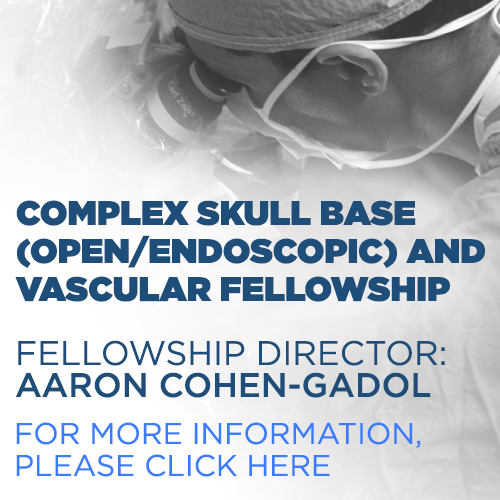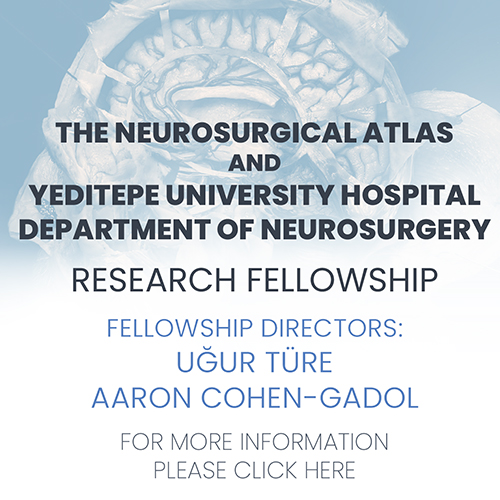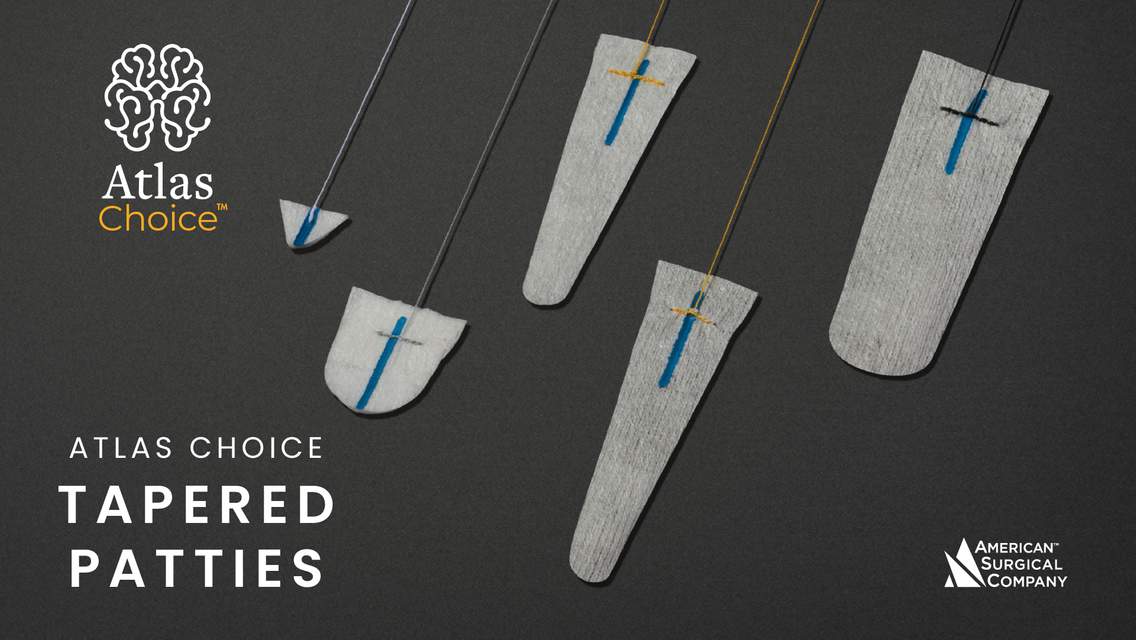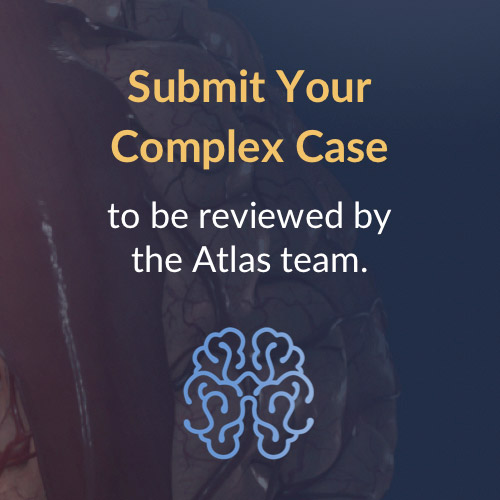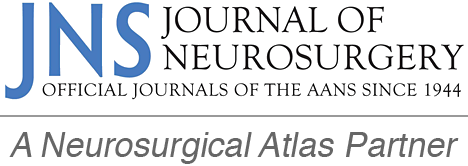Letters of Recommendation Free
General Information
In order for your ERAS application to be considered complete, you will need at least three letters of recommendation, including a neurosurgical chairman’s letter from your home program, in addition to the Medical Student Performance Evaluation (MSPE,) or Dean’s letter.
The chairman’s letter from the applicant’s home institution is required. Depending on your institution, this letter may come only from the chairman, or it may be a joint letter written by the chairman and program director. The ERAS allows up to four letters of recommendation, and select programs require all four before reviewing your application. This information is available on the programs’ websites and applicants should read about the specific requirements of the programs before the application process.
Most programs will not consider your application complete until at least three letters of recommendation are received through the ERAS. These letters usually consist of one letter from an applicant's home institution’s chairman, one letter from a mentor who knows the applicant closely, and one letter from an away rotation (with the fourth letter likely coming from the second away rotation).
Again, the MSPE does not count toward the four letters available to you, and may not even be available until October. Programs will not wait for the Dean’s letter before beginning to review applications. The Dean’s letter is often an afterthought and will not add or subtract much from one’s application unless it documents poor clerkship performance. In our experience, it is possible to go through an entire interview season without the MSPE having been mentioned even once.
The content of recommendation letters varies drastically from a lukewarm, four-sentence form letter written by a chairman from an away rotation who met you once for five minutes, to an extremely detailed and superlative narrative of your accomplishments and aptitude for neurosurgery written by a close mentor. You will likely never get the chance to read your letters, but interviewers may bring up how good (or bad) some of them were. Be able to think on the spot and answer any questions that may come up as a result of this.
Deadlines
Respecting deadlines is mandatory. Your letter writers should upload their letters to the ERAS before September 15th (when ERAS opens for submission,) as interview invitations are sent as soon as the programs begin receiving complete applications from qualified applicants.
The sooner your application is submitted and complete, the sooner you will begin receiving interviews. Most residency programs have a specific date when they release all of their interview invitations. If your application is not completed by this time, it is unlikely to be reviewed by the residency admission committee. This date is often well before the “ERAS deadline” that the program publishes on its website. For more information about handling the deadlines regarding interview invitations, see the section on Interviews.
If your letters of recommendation are not in, your application is not complete. Make sure you give your writers at least one month’s notice to write the letter, and ideally give yourself a buffer by asking for your letter to be uploaded by August 15th. If this is not possible, make sure to alert your letter writers of the ERAS deadline. As it comes time for the ERAS submission, some applicants will have one or two letters that they are still waiting for to be uploaded. At this point, it may be a good idea to send a courteous reminder to the faculty member’s administrative assistant regarding the impending due date.
Who to Ask for a Letter of Recommendation
One letter must come from the chairman of your home institution’s neurosurgery department. Plan on requesting this letter early, usually at the end of your home (first) subinternship. Given the importance of this letter, it is a good idea to meet your chairman (and ideally, know her or him well) prior to asking for the letter.
Most neurosurgery applicants complete between one and three additional, away subinternships. While it is not mandatory to have a letter of recommendation from each subinternship experience, it is helpful to obtain these letters because they demonstrate your performance during a neurosurgery rotation that more effectively provides an unfiltered view of how you function within a neurosurgical team than a potentially biased home program chairman.
In other words, the chair and faculty from an away rotation are under no obligation to make your performance look any better than it actually was. This is an invaluable tool for interview committees, who will explicitly look for letters from your away rotations. Thus, some programs view a missing letter from an away subinternship to be a red flag. Keep in mind that if you complete three away rotations, you may not be able to use all three letters. While ERAS allows you to route specific letters to specific programs, be prepared to explain during interviews why you chose to send the letters you did.
Additionally, the letters from away rotations are one of the few ways that programs are able to discern where you did your subinternships. Away rotation letters should generally come from a neurosurgical chairman or program director. These letters will be based on your performance during the rotation and will be generated from feedback from the residents and faculty you interacted with.
Before starting an away rotation, you should attempt to contact the administrative assistant to the chairman and/or program director to set up a date and time to meet with the program chairman. Some programs plan ahead and already have this time built into the rotation while others do not. This meeting may range from 30 seconds to 30 minutes and is essentially an opportunity for the chair to ask you some questions so that his or her letter will be less generic. Make sure to plan for this meeting. You should treat this as an interview and dress appropriately. Do not plan to show up in scrubs. Be ready to talk about yourself, why are you interested in neurosurgery and in that specific program, and any accomplishments for which you are humbly proud.
Unfortunately, some chairs are notorious for writing short, impersonal letters. Given that this occurs every year at some of the most popular subinternship destinations, most residency interview committees are aware that students typically receive these types of letters from these specific rotations. You should still plan on asking for letters from these chairmen but make sure you have others to supplement them.
The last letter may come from a variety of sources. In general, it should be from a faculty member with whom you have worked with on a research project and published together. Most letters should be written by neurosurgery faculty, but this rule is not set in stone. Applicants who have spent a significant amount of their research time with a basic science or clinical investigator outside of neurosurgery may elect to request a letter from their principal investigator. If this is the case, your other three letters should be from neurosurgical faculty.
It is important to choose letter writers who are “on your team” and want to see your success. If in doubt whether a potential recommender can write you a strongly positive letter, do not ask that person. Another factor to consider are connections. If you are targeting specific programs, it would mean a lot more to request a letter from a faculty member with connections there (for example, someone who trained at that program or collaborated with faculty there). Choose your writers wisely: a lukewarm letter from one person can be detrimental to your entire application.
Some programs may allow you to send extra letters (beyond the four that ERAS allows,) but this is certainly not necessary. Check the instructions for each program for this information. We recommend avoiding sending extra letters unless the program specifically states that this is an option, as some programs frown upon extra letters or will ignore them (while others may simply add them to your file).
Should I Ask the Most Well-Known Faculty for Letters of Recommendation?
While the most well-known faculty members have the national reputation to make their opinion of you meaningful, a generic letter from them will not add value to your application.
If you have the opportunity to draft a letter on behalf of a prestigious faculty member, this may be a good option. Usually, they will tweak what you have written by adding in their personal assessment of you and your application (if they have one).
However, if you are under the impression that the recommendation will be generic, it would be of greater benefit to have a letter from a less well-known faculty member who truly knows you and can write a strong recommendation in support of your application. Again, most residency admission committees would prefer a letter from someone who knows you and is willing to vouch for you rather than a well-known attending who has had minimal interaction with you.
It is our opinion that drafting a letter for a faculty member to expand upon is a widespread and commonly accepted practice that stays well within the boundary of ethical behavior. However, institutions vary in their codes of conduct, so be sure to follow the guidelines set forth by your school or department. As with all aspects of the application process, consult with a trusted mentor if you have any questions or concerns about this aspect of obtaining recommendation letters.
Please login to post a comment.

